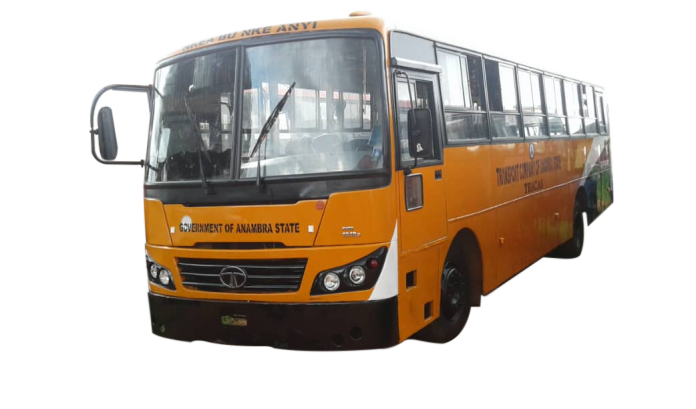By Ian Koloson Nwiyi
With the onset of Christmas festivities, transport fares and the price of goods have skyrocketed around Awka metropolis, the Anambra State capital. Awka Times conducted spot surveys of prices at different locations in Awka, including the Eke Awka market, Unizik temporary site junction and several other areas, and found sharp increases across the board.
At the Unizik temporary site junction, several transport companies located there including Peace Mass Transit company, Rivers State transport company, Eastern Mass Transit and other private motor companies, had all increased commuter fares.
At TRACAS, the state-run transport company, the Awka to Port Harcourt fare rose 67% to ₦2,000 from the usual fare of ₦1,200. At Eastern Mass Transit company, an Awka to Nsukka shuttle spiked 100% from ₦1,000 previously to ₦2,000. Same fare for Awka to Abakiliki.
Even shorter commutes out of Awka seemed equally impacted by the fare hike. An Awka to Onitsha jaunt, which was ₦200 rose to between N250 and N300 depending on the point of departure. A ride from Eke Awka market to Nawfia/Enugu Ukwu/Abagana went up 100% from ₦50 to ₦100.
It was same for urban shuttles inside Awka. The fare from Eke Awka to Nkwo Amaenyi, Aroma and Amaku Teaching Hospital – all located within Awka town – also went from ₦50 to ₦100, a 100% increase.
Despite the fare hikes, however, all the motor parks visited by Awka Times were a hive of activities with many commuters eager to catch the last bus to their destinations. When asked why they were insisting on travelling even with fare hikes, commuters told Awka Times that travel was necessitated by the need to reunite and celebrate Christmas with ancestral families. They said this was also time to tackle family and communal issues at their places of origin.
At the Aroma flyover area in Awka, commuters were seen on Christmas Eve waiting to board a rickety Mercedes 911 lorry (gwongworo). When interviewed, some waiting commuters said that they chose this risky option due to financial constraints, but that they were nevertheless determined to get to their ancestral homes.
The Eke Awka market area was seen packed with vehicles and people trying desperately to make the final purchases. It seemed that most commodities had been impacted by the price hike – everything from shoes and clothing to food items like pepper, garri, tomatoes, meat, fish and, the most treasured of them all for the season, rice. A bag of 25kg local Oba rice, usually priced at ₦9,000, had jumped nearly 78% to ₦16,000; imported rice of the same weight went from ₦10,000 to ₦14,000 while the 50kg bag increased from ₦24,000 to ₦28,000.
Banks were not left out of the festival hustle. Many customers trooped to the banks looking to make final withdrawals before the banking halls could be shuttered. In virtually all the banks in Awka – UBA, First Bank, Union Bank, Intercontinental, Zenith, Polaris, Fidelity etc. – throngs of customers were seen inside the banking halls making frantic efforts to withdraw sufficient amounts of money to tide them over the Christmas festivities. Long and unruly queues were observed, with customers jostling for position, and frayed nerves sometimes resulting in verbal altercation.
Even the bank ATM galleries were congested. Long queues were also observed, with customers growing restless and more vociferous. In some cases, the ATM machines appeared to be malfunctioning, further roiling the impatient customers.



